Project Description
JORDAN RAKEI – ‘Wallflower’ (Album Review)
.
.
.
London Based, singer/songwriter and producer Jordan Rakei has released his second studio album, Wallflower. While his first album, Cloak, had more of a hip-hop undertone to it, Wallflower shows how Rakei doesn’t like to waver on a single sound for long but rather explore his expression with other genres. Feeling like a mix of R&B/Soul with mild Electronica, it can come lined with both funk and jazz. It’s unique and it’s refreshing, and though it does have it’s flaws, Rakei’s performance is soothing but also powerful.
Rakei has spoken about how the record has stemmed from his experiences with anxiety and his being an introvert, detailing what it’s like to be the person that sits on the outside of a conversation rather than being at it’s centre; hence the albums name, Wallflower. Nerve gives us a clear sense of how Rakei’s internal struggles have prevented him from wholly feeling one of our most fundamental emotions: love. “How can I find a reason to love ya, when I don’t love myself”, while the song may be one of the most upbeat tracks on the record, Rakei’s delivery has a sad and almost regretful tone to it. The verses on Nerve, and this is the case for many if not all tracks on the record, feel incredibly poetic. Like on the track Clues Blues, a song seemingly about a relationship where both parties have a past they’re hiding as well as their being an imbalance of power. Rakei’s writing, is full of metaphors used to describe both the situations and this other person in the picture, a method that he seems to also use on the song Sorceress. Not only does this use of poetic writing add to listening to experience, Rakei almost forcing his audience think about what he’s saying, but it shows both the attention to detail and depth taken into account. Rakei covers a lot of topics on the record, personal hardships on tracks like May and Goodbyes, both about losing people around him, heavier topics coming up too, drug use on Carnation and his own anxiety and it’s effects on Wallflower and Hiding Place. His revealing of such personal experiences and thoughts elicits a feeling of major growth with Rakei’s music, nothing held back or hidden. These stories expose him, and in that offer a healing to his anxiety and insecurities. The major downfall of the writing would most likely be the repetitiveness that can come up, particularly on the tracks Eye to Eye, Sorceress and Clues Blues.
.
.
All in all Rakei’s performance on the whole album is impeccable, he soulfully and smoothly flows to any note he wishes to hit. There’s a mellow tone to his vocals as it sits over the instrumentation well, but he can bring a full force to his voice, especially on some of the hooks. Carnation and Lucid are the stand outs here, as well as Nerve and May leaving a great impression. The melodies and harmonies found all around the record never have a dull or stale moment but amplify both the quality of the songs and Rakei’s performance. The most interesting delivery on the record is Clues Blues where, at the start, Rakei is singing in this quick, almost talking voice that simply draws you in. All round, nothing to fault.
The production and instrumentation of the record is definitely the most intriguing part of the record. For starters Rakei’s sound is so different to the majority of music making the rounds nowadays, as well as this record being a clear push forward from from his first album Cloak. There’s a lot of range here and a lot of it has a dark quality to it. Eye to Eye begins the album with this slow rhythmic guitar strumming but then jumps into Jazzy drums half way through the track with some twangy synths. And these Jazz drums are the centrepiece of the percussion for the record, best used on the more upbeat Nerve, but their wildly sporadic use the Sorceress hook made for more appreciation of the song’s acoustic version. The track Chemical Coincidence has this great funk bass line that elevates the track, really strengthening the instrumentation. There’s these warp like synths that appear throughout, like on beat of Carnation or underneath Goodbyes and Lucid, which adds some nice irregularities here and there. As the record goes on that’s where the instrumentals begin to darken, Rakei bringing a more slow and solemn feeling to the tracks, especially on the song Hiding Place, with it’s dim piano and drum combination. The transition into the more serious delivery of tracks definitely conveys the themes in an undeniable and inescapable way; in that we’re given a single scope to look at Rakei’s lyrics through. There are a fair few stand out moments throughout, the strings on Goodbyes, and the groovy Jazz bridge on Clues Blues. Carnation has it’s eery synths that are always ringing in the background, and the acoustic guitar that drives Lucid makes it one of the songs that stays with you once the record is done.
.
.
Wallflower showed us the unique ingenuity of Jordan Rakei, his ability to tackle both heavier themes and explore a new scope of sound is a true credit. While there are some things that bring the album down, it’s a memorable record for 2017.
.
.




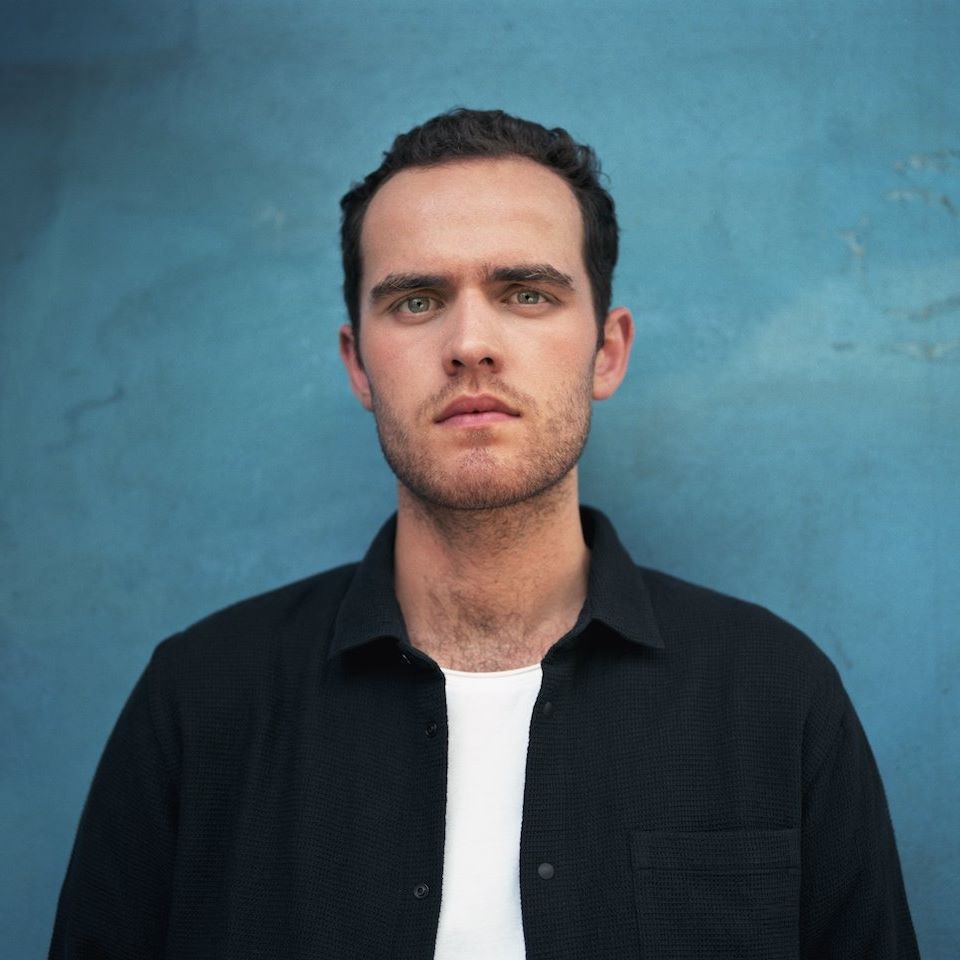
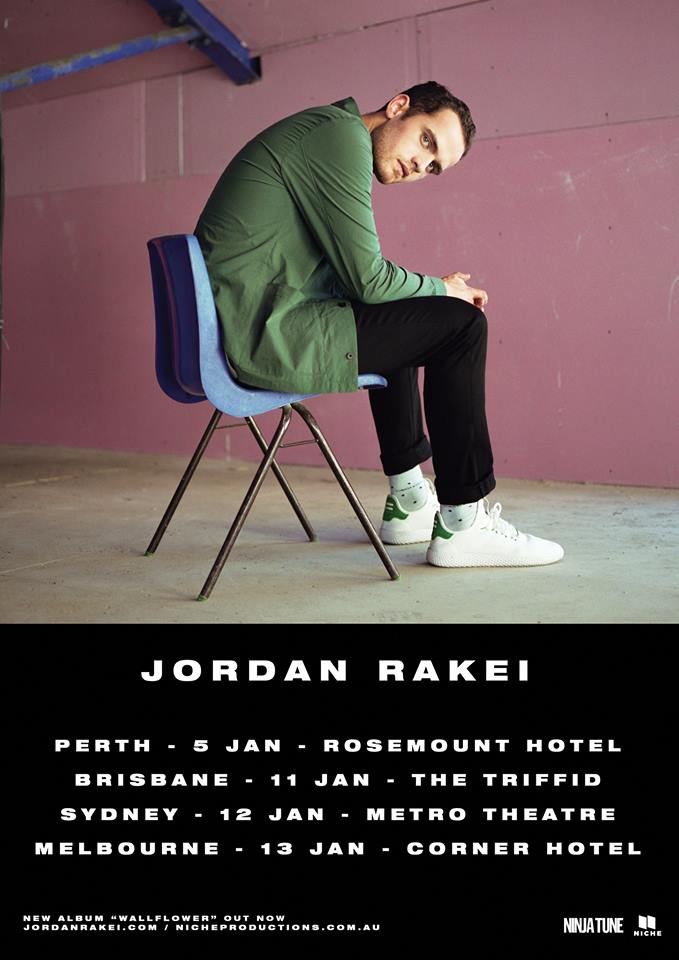

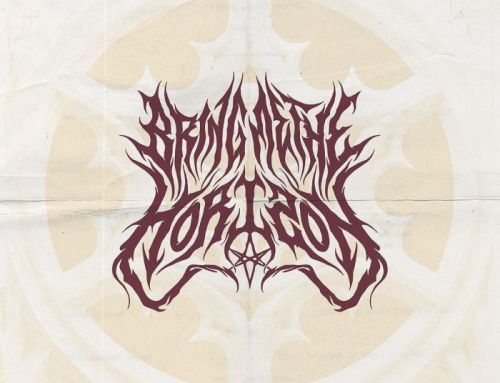
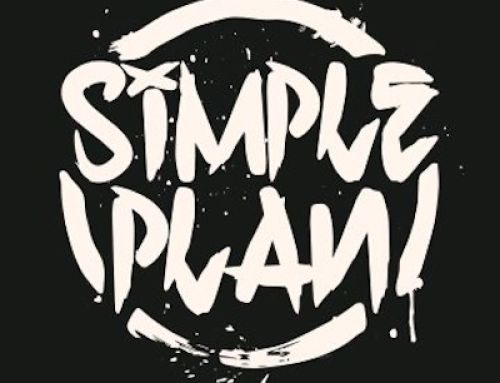
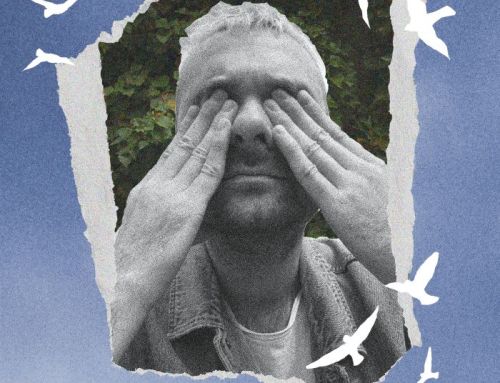
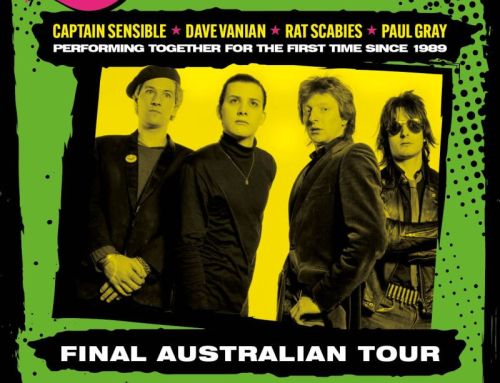
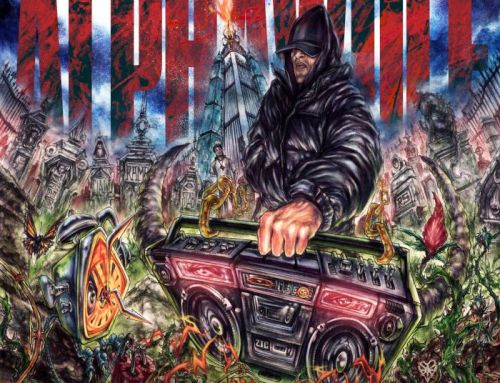
Leave A Comment